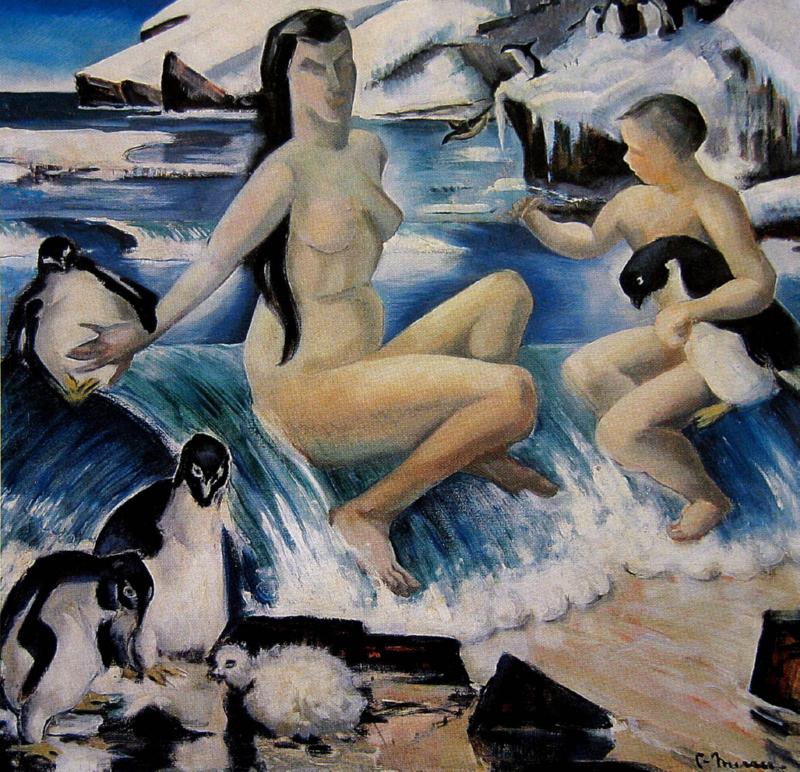The Politics of the Voice: Ethnographic Fetishism and Australian Literary Studies
Keywords:
A. P. Elkin, Bill Harney, John Bradley, Yanyuwa, Aboriginal literature, Australian ethnographyAbstract
The politics of representing Aboriginality often focuses on questions of authorship and appropriation. Much of this criticism rests on the simplistic assumption that texts created by collaboration and even uneven collaboration are not in some respects voiced by their subject or subjects. This paper discusses two popular texts about Aboriginal ceremonial songs or ‘songlines’ in order to challenge this assumption, reading Bill Harney with A. P. Elkin’s Songs of the Songmen: Aboriginal Myths Retold (1949), and John Bradley with Yanyuwa Families’ Singing Saltwater Country: Journey to the Songlines of Carpentaria (2010) as Aboriginal texts. These texts are particularly interesting insofar as they focus attention on the relationship between voice and text, as well as Aboriginal and non-Aboriginal people, being the products of collaboration by the anthropologists Elkin and Bradley with, on the one hand, a non-Aboriginal ‘Protector’ and popular writer (Harney), and, on the other, the subjects of the ethnography themselves (that is Yanyuwa Families). As I argue, the shifting ways in which the songlines of northern Australia are voiced in Songs of the Songmen and Singing Saltwater Country provides insights into the politics of representing Aboriginality in Australia, and the forces that have historically affected it. The close analysis of these texts focuses attention on the role of ethnographic fetishism for the exotic and authentic within the changing context of cultural production in Australia.Downloads
Published
2013-11-10
Issue
Section
Articles
License
The copyright for articles in this journal is retained by the author(s), with first publication rights granted to the journal. By virtue of their appearance in this open access journal, articles are free to use with proper attribution in educational and other non-commercial sectors.Attribution-NonCommercial-ShareAlike 2.1 Australia
This work is licensed under the Creative Commons Attribution-NonCommercial-ShareAlike 2.1 Australia License. To view a copy of this license, visit http://creativecommons.org/licenses/by-nc-sa/2.1/au/ or send a letter to Creative Commons, 543 Howard Street, 5th Floor, San Francisco, California, 94105, USA.

